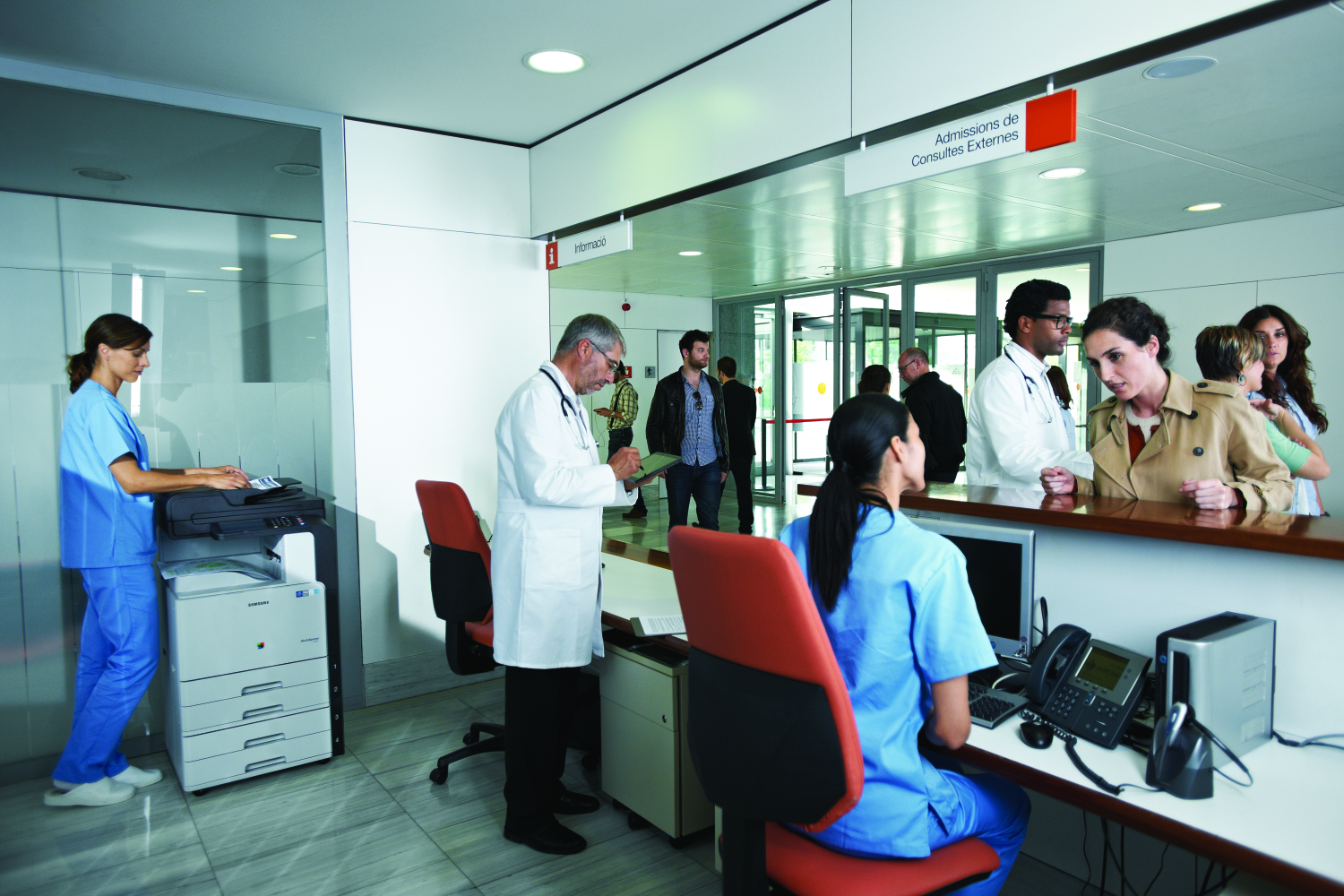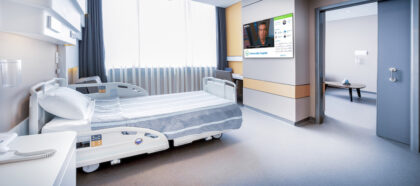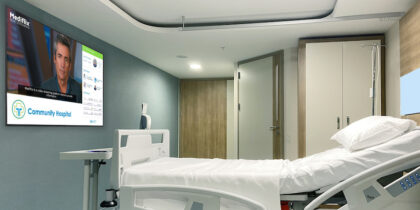The healthcare industry has undergone a major technology makeover in recent years. Rather than lugging around patient files and scribbling notes for nurses to type into the computer, modern physicians rely on tablets and smartphones to manage document workflows.
This increase in healthcare mobility makes medical professionals more efficient, reduces the possibility for human error when transcribing notes or filing medical records and ensures collaborating doctors all see the same information about shared patients. But it also creates additional challenges for IT professionals in the healthcare industry, who list mobile printing access as one of their major pain points.
The Business Case for Healthcare Mobility
In the healthcare industry today, mobile printing and digital document management are in high demand, both for compliance reasons and for efficient patient care. When asked about focus areas for the next three to five years, a whopping 48 percent of physicians cite a need to increase efficiency, according to Wolters Kluwer Health’s 2013 Physician Outlook Survey. Not surprisingly, HIMSS Analystics reports one-third of clinicians believe the use of smartphones and tablets would help improve efficiency and eliminate redundancies.
In recent years, the healthcare industry has embraced mobile devices to meet the demand for increased efficiency. Today, Wolters Kluwer Health reports more than 80 percent of physicians use smartphones in their daily practice, while 60 percent say they use tablets. Fifty-five percent of physicians say they use both.
Incorporating mobile devices is just the first step in implementing a streamlined digital document workflow, however. Despite the fact that 80 percent of physicians’ practices have implemented electronic health records (EHR), only about 33 percent say that their practice’s EHR is mobile optimized. For example, when a physician needs to print a health record for a patient or insurance company, without access to a mobile printer, the physician must return to a stationary computer. Instead, healthcare institutions should optimize mobile workflows by investing in technology that supports mobile printing.
Forging a Link Between Digital Workflows and Efficient Healthcare Delivery
To truly enable healthcare mobility, forward-thinking IT decision makers are investing in digital document management systems and multifunction printers (MFPs) with wireless capabilities.
Together, these mobile technologies greatly improve the efficacy of healthcare delivery. For example, when onboarding new patients, a receptionist or triage nurse can print several standard forms directly from the printer. After the patient fills them out, the staffer can scan the forms and automatically enter them into the EHR system, while also generating a copy for the attending doctor. Similarly, that doctor can take notes and send documents to the MFP from her tablet while she’s making her rounds. When she arrives at the printer, she can simply tap her employee ID to print and safely retrieve the patient forms.
There are many ways mobile printing integration can help healthcare teams deliver smarter, more efficient and more secure patient care. Samsung has introduced the world’s first line of multifunction printers powered by Android, providing an intuitive, customizable interface and integration with third-party solutions to scan information-rich documents, like health records, and have that information automatically indexed. Enabling convenient printing from almost any mobile device, they unlock new document workflows allowing healthcare workers to focus on their top priority: patients.
Are you ready to streamline your digital workflows? Visit Samsung Business at HIMSS15 in Chicago from April 12 through 16, where we are showcasing smart printing and document management solutions as part of our vision for Connected Care and Wellness.








